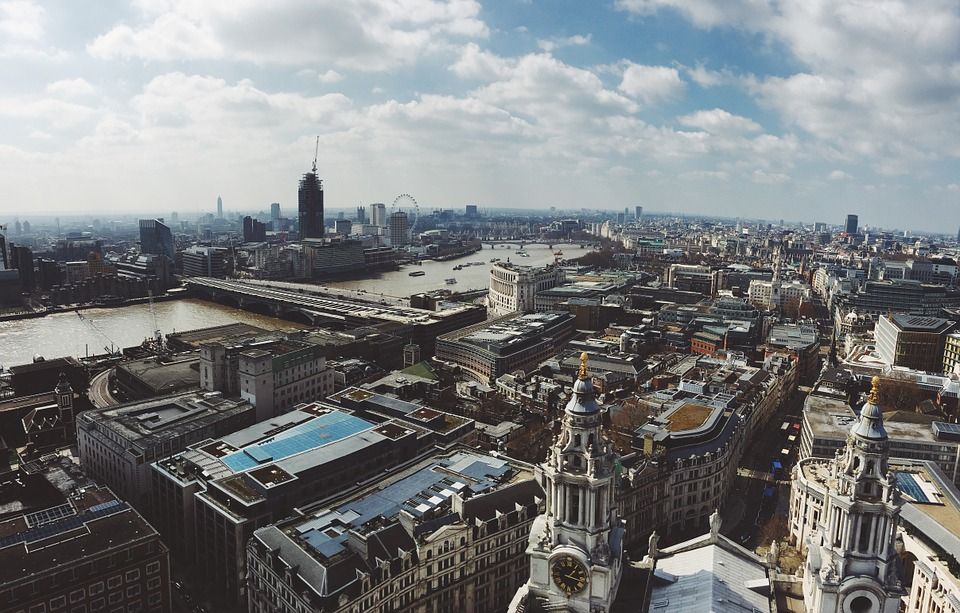London accelerates plans for Ultra Low Emission Zone
The Mayor of London, Sadiq Khan, has announced that the capital’s introduction of an Ultra Low Emission Zone (ULEZ) will now come into force in April 2019, instead of in September 2020

The Mayor of London, Sadiq Khan, has announced that the capital’s introduction of an Ultra Low Emission Zone (ULEZ) will now come into force in April 2019, instead of in September 2020.
The move will see all cars, motorcycles, vans, minibuses, buses, coaches and heavy goods vehicles that travel through the ULEZ that do not meet zone’s exhaust emission standards liable to pay a daily charge of £12.50.
The ULEZ standards are in addition to the Congestion Charge and the Low Emission Zone requirements.
The ULEZ will operate 24 hours a day, 7 days a week within the same area as the current Congestion Charging Zone (CCZ) and will now come into force in April 2019 rather than September 2020 as planned by Khan’s predecessor Boris Johnson.
Commenting on the move, Khan said: “The air in London is lethal and I will not stand by and do nothing.”
He is now planning to launch a consultation to explore the expansion of the ULEZ to all London buses, coaches, and trucks from 2020 and to extend the zone from London city airport in the east to Tottenham’s White Hart Lane football stadium in the north, Kew Gardens in the west and Clapham Common in the south from 2021.
Reuters reported that the ULEZ will apply to all petrol vehicles which do not meet Euro IV emissions standards and all diesel models which do not comply with Euro VI standards.
Earlier this year, Sadiq Khan announced the introduction of a ‘Toxicity Charge' (T-Charge) for the capital's most polluting vehicles, coming into effect on 23 October 2017.
The T-Charge will apply to cars which do not meet Euro IV emission standards, and will operate during the same times as the existing congestion charge – weekdays between 7am and 6pm.
Once the charge is in place, the vast majority of cars manufactured before 2006 will be in breach of the Euro IV emission standards and will face a £10 charge to drive in central London, in addition to the existing £11.50 congestion charge.
The Mayor of London has also launched the first of twelve low-emission bus zones (LEBZ), allowing only the greenest buses to travel through the zone which runs through Putney High Street – one of the capital's highest polluted areas.
According to City Hall, Putney exceeded hourly legal levels of nitrogen dioxide (NO2) on 1,248 occasions in 2016.
Khan has also reiterated his calls for the government to deliver a nationwide diesel scrappage scheme and introduce a new Clean Air Act to provide a clear and overarching framework for action.
Khan said: "I'm doing everything in my power to both transform London's bus fleet and target areas with the worst pollution so that the streets we live and work in are better places to be. However, I can't do this alone. That's why I am repeating my call to the government to take their responsibility seriously and introduce a national diesel scrappage fund to help get the most polluting vehicles off our roads and to give me the powers to tackle other sources of air pollution."
A growing number of major cities around the world are beginning to take similar actions, with selective diesel car bans and periodic car bans proving the most common.
Barcelona in Spain will begin banning cars older than 20 years on weekdays in 2019, while the city of Stuttgart in Germany will impose bans on diesel vehicles during periods of high-pollution beginning in 2018.
For the latest news on clean transport as well as renewable energy, sustainability and climate change sign up to our free newsletter here.






